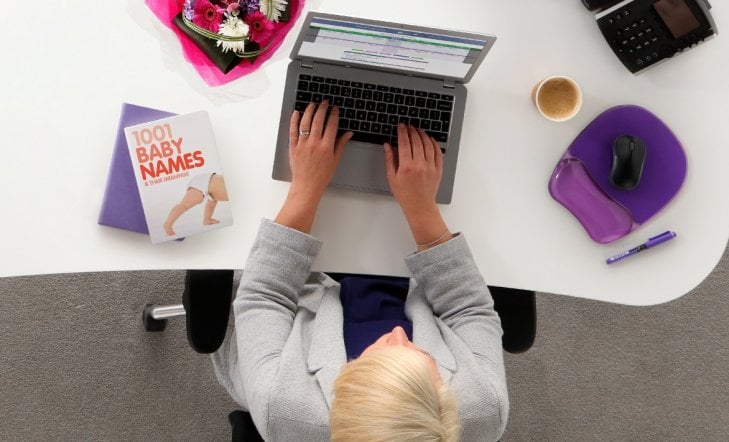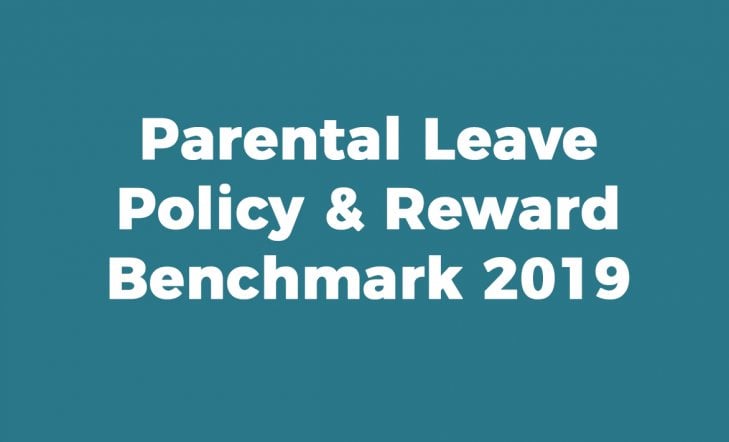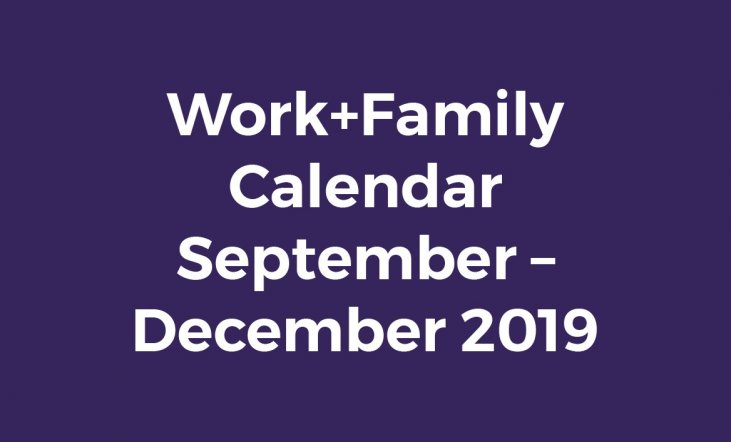Newsletter Sign Up
Regular work+family updates for
HR and diversity professionals.
My Family Care asks Kate: Juggling the ever busy lives of the 21st century is sometimes hard, especially when one of those responsibilities is parenting. How do you think the role of the parent has changed in the past century? How has the role of parent adapted to fit with a work life balance? What differences do you notice and how do you cope?
Reminiscing
As I was growing up I can remember my dad leaving the house at the same time every day to head off up to London to the office and my mum looking after me and my three siblings, doing schools drop off, shopping, cooking, and cleaning, just to name a few jobs! Are these your memories too?
To say that family life has changed significantly over the last century would be a gross understatement. Now, the idea of dad going off to the office while mum stays at home to look after the kids and cook and clean, and the family goes round to Grandparents on Sunday's is so outmoded. Families today are as likely to have one parent as two, Dad may be the primary carer while mum goes off to work, and parents may be of the same or different sexes. These generational differences have changed our lifestyle, with that comes a new school of parenting.
Communicating
Many of today's children can spend most of their days in childcare while one or both parents make a living. Mobility due to career opportunities or geographic preferences means the extended family may not be readily available for support and advice. How we stay in touch has changed, as a result, with families using social media, such as Facebook to communicate.
Young men and women alike are challenging the traditional gender roles and expecting to share in paid work, as well as tend to the household and children. I see this where I live, with mums and dads both working part time, or the mum working full time and the dad working freelance and combining it with being the primary carer. With these new gender roles showing up in the home as well as at work, how can the two roles be successfully managed/supported?
Experiences
From my experience organisations are at varying stages of supporting parents, both men and women, through their own personal experience of employee to working parent. Research shows that motherhood doesn't dim ambition and that women are just as eager to fulfil their role at work as well as have a family. The new rules giving dads the right to take an additional 26 weeks paternity leave if the mother returns to work might begin to chip away at traditional views of the man being the one who returns to work after two weeks paid paternity leave. This 'role sharing' might also help dads case to work part time or flexibly. I know a handful of dads who have negotiated a four day working week to be able to spend extra time with the kids and help out with the childcare.
But can businesses keep up with the ever changing role of "the parent"? There are some great examples of where organisations have actively managed the transition by introducing maternity coaching, parenting seminars, parent networks, hot topic webinar's. The key to managing this change is to see what your company offers and start from there.
Kate Adey, Executive and Maternity Coach, Mother of two boys and a brand new baby boy












